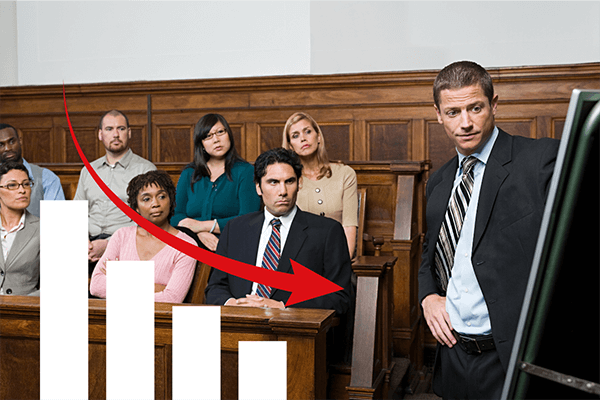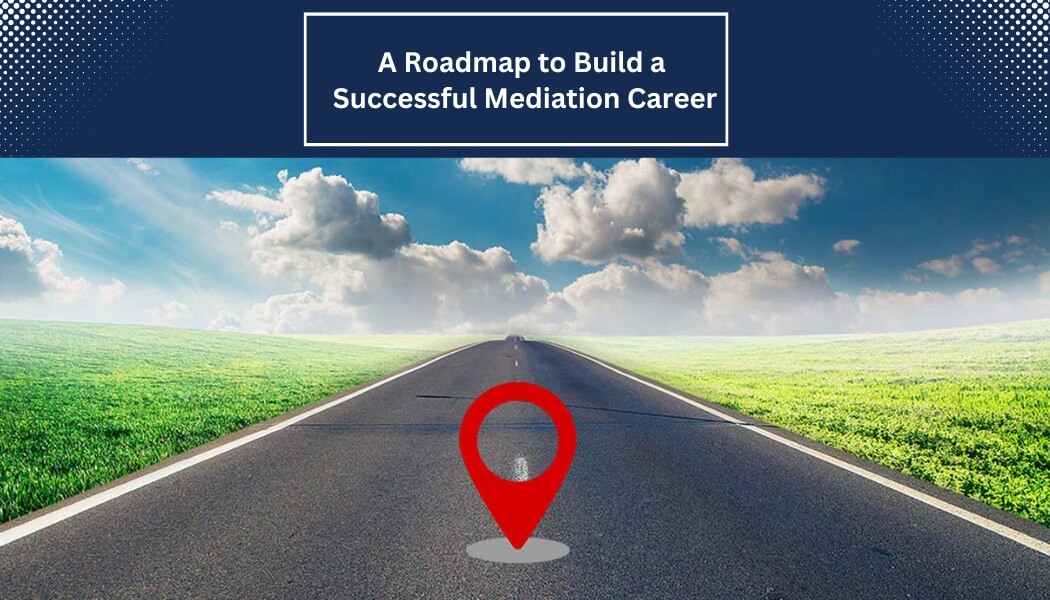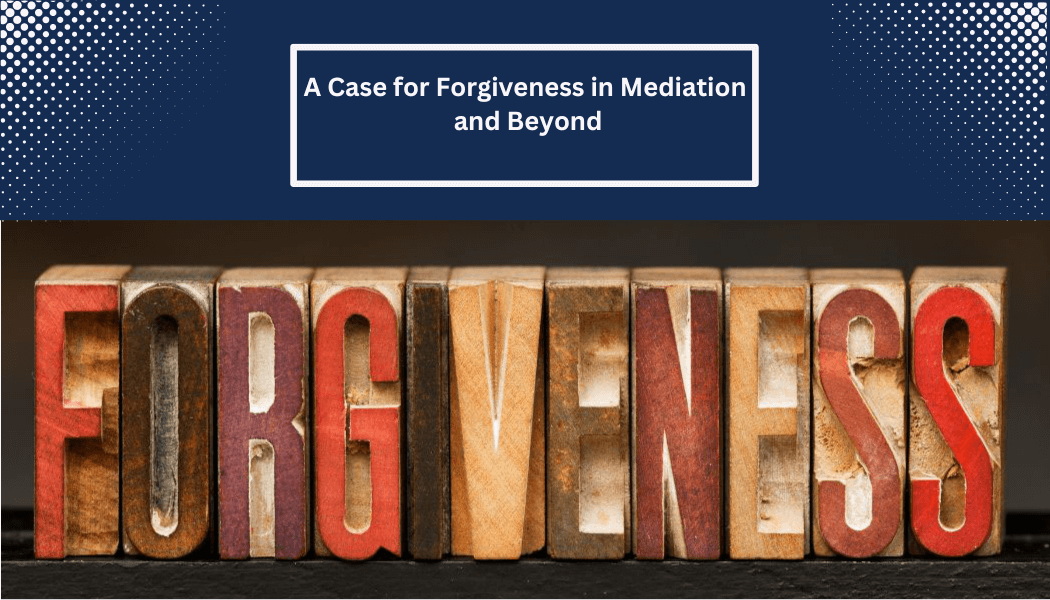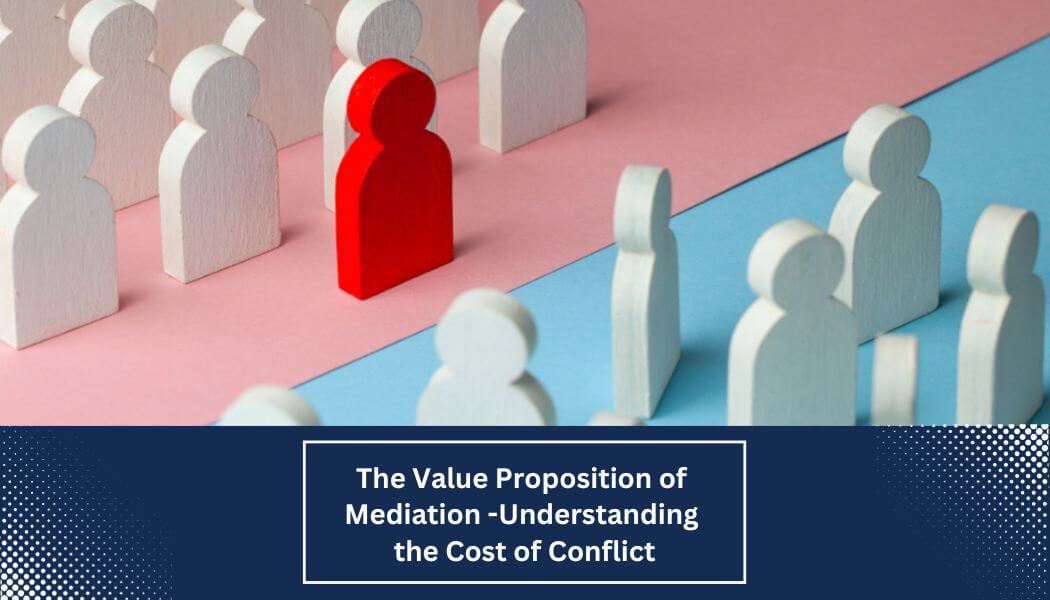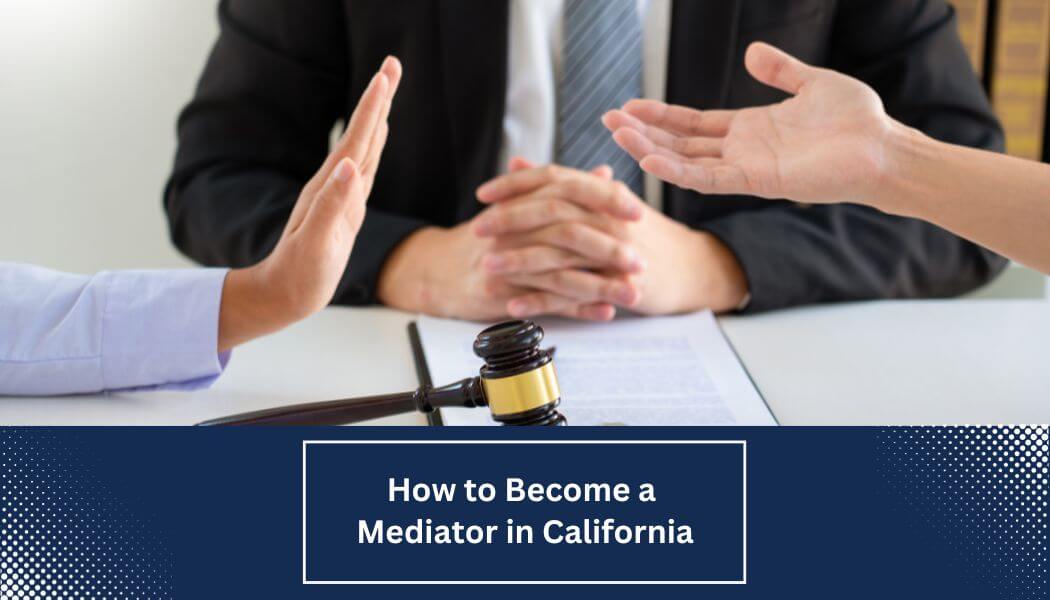Thirty years ago this past week, I walked away from my partnership in a San Francisco litigation firm to develop a market for a decidedly different approach to dispute resolution, a process called mediation. As I’ve recounted hundreds of times in the decades since, the genesis of my career shift was fueled by dissatisfaction with the litigation process in its failure to involve the individuals embroiled in conflict more directly.
As a nascent profession, mediators have made great strides toward redefining how civil litigants, in particular, approach conflict resolution while simultaneously witnessing the decline of the traditional jury trial. At the end of last year, amidst the turmoil and upset of the pandemic and national election, a law review article quietly appeared in the Louisiana Law Review entitled “Reasons for the Disappearing Jury Trial: Perspectives From Attorneys and Judges.”
In this survey of almost 1500 defense attorneys, plaintiff attorneys, and judges from every state and the District of Columbia, Professors Shari Seidman Diamond and Jessica M. Salerno provided the most recent evidence to date in support of the paradigm shift in our legal system away from jury trials, toward alternative dispute resolution. The takeaways from the article for current practitioners and the next generation of mediation stakeholders, are as clear as they are profound.
The number of jury trials is declining dramatically
The authors of this quantitative analysis begin with the observation that “the number of jury trials has dropped so dramatically in recent years in both federal courts and state courts that the jury trial is an exceptional, rather than a commonplace outcome.” Their survey of civil case filings in federal courts, where the data is most reliable, concludes that, although civil filings have increased fourfold since the early 1960s, “the percentage of civil cases disposed of by jury trial decreased from approximately 5.5% in 1962 to 1.2% by 2002 and to .08% by 2013.”
State courts reflected similar trends: “From 1976 to 2002, civil jury trial rates fell from 1.8% to 0.6% in courts of general jurisdiction in the 22 most populous states.” These trends, and their trajectory into our more current year, underscore what many of us have witnessed firsthand, that the decline in jury trials in our litigation environment is as real as it is profound. Moreover, it’s a trend further exacerbated by the multi-year-long shutdown of jury trials due to the COVID-19 pandemic.
A shift toward alternative dispute resolution
In the years since 2001, when the American Bar Association first convened a symposium for academics and practitioners to understand the causes of this phenomenon better, one factor has clearly emerged, the shift toward alternative dispute resolution. What has long been known anecdotally by those of us in the profession has now been quantified and reported in more detail by Professors Diamond and Salerno.
More specifically, the judges and attorneys surveyed were asked to compare the four primary dispute resolution procedures used in civil cases: “arbitration, mediation, jury trials, and bench trials” and rank them in terms of: “predictability, speed, cost-effectiveness, and fairness.”
Perhaps not surprising to those in the profession, mediation ranked significantly higher than the other three procedures across all criteria. Additionally, the respondents personally preferred mediation over all other dispute resolution procedures.
Lessons for the future
What lessons can we draw as mediators from this data as we continue our lifelong learning in mediation skill development? What trends will emerge for the legal profession in general? How can our mediation profession continue to adapt in the years ahead to this tectonic shift in resolving conflict?
A need for more mediation advocacy training
The data in the article clearly demonstrates that future legal advocacy opportunities will predominate in alternative dispute resolution forums, particularly mediation. And at the same time, traditional trial litigation will provide fewer and fewer opportunities for young lawyers.
If we accept this proposition, it follows that the next generation of lawyers will need to prioritize training and skill development focused on various forms of ADR. Traditional law school curricula, steeped in trial practice, should be reexamined and augmented with mediation advocacy training.
For experienced attorneys looking to best deliver winning results for clients, it will be essential to retool their advocacy skills for the unique environment of mediation.
A lesson for mediators
As part of their efforts to better understand the decline in jury trials, the authors explored the pressures exerted on litigants to settle. Specifically, the authors asked those surveyed, “Do you believe (plaintiffs/defendants) are pressured to accept a settlement…” and, if so, “What were the potential sources of that pressure?” Responses included: “their lawyer, the judge, family members, friends, mediators, court staff and business associates.” Most respondents indicated that there was pressure to accept a settlement. However, what was most surprising was the source of that pressure.
Across all responding groups, some sources, including mediators, were viewed as significantly more likely than others to exert pressure toward settlement. In fact, mediators ranked second only to the client’s counsel in exerting “pressure to settle.”
The authors observed, “The pressure from mediators is understandable in that a mediation that ends without agreement is often characterized as a failure, and the mediator needs to get all of the parties to accept a suggested outcome in order to finalize it.”
Questions for our profession
These findings, at a minimum, raise some troubling questions for our profession:
- What happened to the notion that the parties maintain a right of self-determination in mediation?
- Has our commercially-driven push toward settlement as the predominant indicator of success finally been laid bare?
- What is the influence of mediators culled from the ranks of retired judges and attorneys on this finding?
- If this is how attorneys and judges perceive us, what must clients in the room be experiencing?
These are a few of the reflective questions we should ask ourselves as we contemplate the authors’ conclusions.
The article helps demonstrate the widespread acceptance of ADR, and mediation in particular, in the legal profession. This phenomenon can best be described as a sea change in our approach to dispute resolution in the past thirty years.
The article outlining the reasons for the disappearing jury trial also points to lessons for our mediation profession as our systems of dispute resolution evolve further in the direction of mediation, including the imperative for mediation advocacy training for lawyers. It also provides practice development lessons for mediators as we continue to work in an environment increasingly viewed as the norm, not the exception.
In conclusion, the disappearing jury trial clearly indicates the significant shift that has occurred in our legal system over the last thirty years, and it is essential for all legal practitioners to acknowledge and address this reality.

